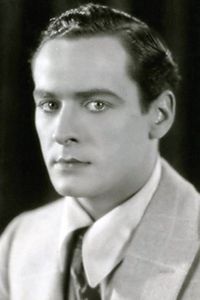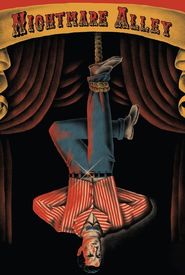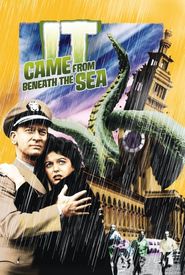Ian Keith's illustrious career on the Broadway stage during the 1920s laid the foundation for his subsequent success in the world of silent movies, with his involvement in a string of films spanning from 1924 to the end of the decade.
As the 1930s began, Keith appeared in the cast of Abraham Lincoln, a movie directed by the renowned D.W. Griffith, in which he portrayed John Wilkes Booth, a role that showcased his exceptional villainous acting skills. His distinctive features, including his sly look, irritated yet deadpan demeanor, and side-of-the-mouth delivery, made him a standout in his performances.
Throughout the decade, Keith continued to hone his craft, taking on a wide range of roles, including those in historic costume, and establishing himself as a master of the "bad guy" persona. He worked with some of the most prominent directors of the time, including Cecil B. DeMille, and appeared in several of DeMille's epic films, such as The Sign of the Cross, Cleopatra, and The Crusades.
In addition to his work in films, Keith also had a successful stage career, and was a regular fixture on Broadway. He was known for his versatility, and was able to adapt to a wide range of roles and genres, from comedies to murder mysteries.
Despite his success, Keith's career began to slow down in the 1940s and 1950s, and he began to focus more on television work and episodic fare. However, he continued to appear on Broadway intermittently throughout his career, and at the time of his death, he was starring in the production of "The Andersonville Trial" in 1960.
Keith's legacy as a talented and versatile actor continues to be celebrated to this day, and his contributions to the world of entertainment remain a testament to his enduring impact on the industry.











































































